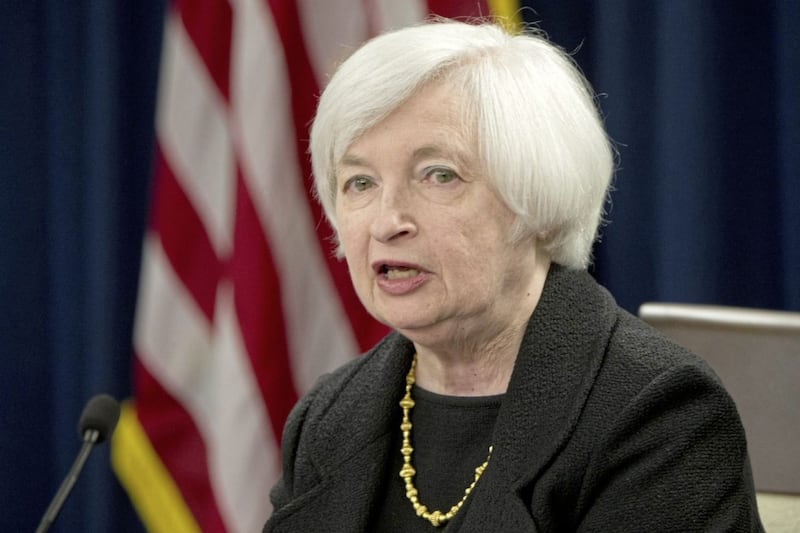POLITICAL risk has come to the fore in recent times, creating a lot of volatility/uncertainty on markets. These risks are unlikely to abate any time soon, with considerable uncertainty about what Brexit and a Trump presidency will bring next year.
There is also growing concern about rising political risks in the Eurozone, ahead of next month’s referendum in Italy and the elections due in the Netherlands, France and Germany next year. There is a risk that the Italian government could fall in the coming months, with polls indicating that it is unlikely to win the upcoming referendum on political reforms.
An early general election could pave the way for Euro-sceptic parties to enter government. Meanwhile, anti-EU far-right nationalist parties are expected to do well in next year’s elections in the Netherlands, France and Germany, though they are not expected to gain power. Nonetheless, a strong showing by these parties will trigger questions about the future direction of the EU and whether other countries might decide to follow the UK out.
As more focus is starting to come on the European political outlook, the euro has come under downward pressure. At the same time, the dollar has been supported by expectations of higher inflation and interest rates, while on-going consensus beating UK macro data have been helpful to sterling. All of this translates into EUR/USD testing new lows for the year near $1.06 and EUR/GBP trading back below 86p. The $1.05-1.06 band is a key support/resistance level to keep a close eye on for EUR/USD in terms of its weakening trend.
Brexit will remain in the spotlight this week, with UK Chancellor Hammond due to present his Autumn Statement on Wednesday. It will provide an updated view of the UK’s finances in a post-Brexit vote context. Forecasts for UK growth and tax revenues are expected to be revised down (from March’s Budget), while borrowing is expected to increase to meet the resulting budgetary shortfall.
Previous Chancellor George Osborne’s commitment to achieve a budget surplus by 2019/20 is likely to be scrapped. The main risk from this is that increased borrowing and higher deficits may leave the UK more vulnerable to economic shocks.
Data-wise, UK public finances for October will provide some interest given their publication the day before the Chancellor’s statement. Although, the main UK data release will be the second reading of third quarter GDP.
While no changes to the original estimate of quarterly growth of 0.5 per cent are anticipated, the release will provide us with a first look at the expenditure based breakdown of GDP. Markets will be particularly interested to see if there was any discernable impact on business investment following the Brexit vote.
In the eurozone, the schedule is dominated by survey data for November, including the PMIs, while there is a relatively light schedule in the US, with markets off on Thursday for Thanksgiving.
Third quarter labour market data in Ireland are also due this week. Year-on-year growth in employment rose to 2.9 per cent in the second quarter and indicators suggested that employment continued to rise at a solid pace in the third quarter.









